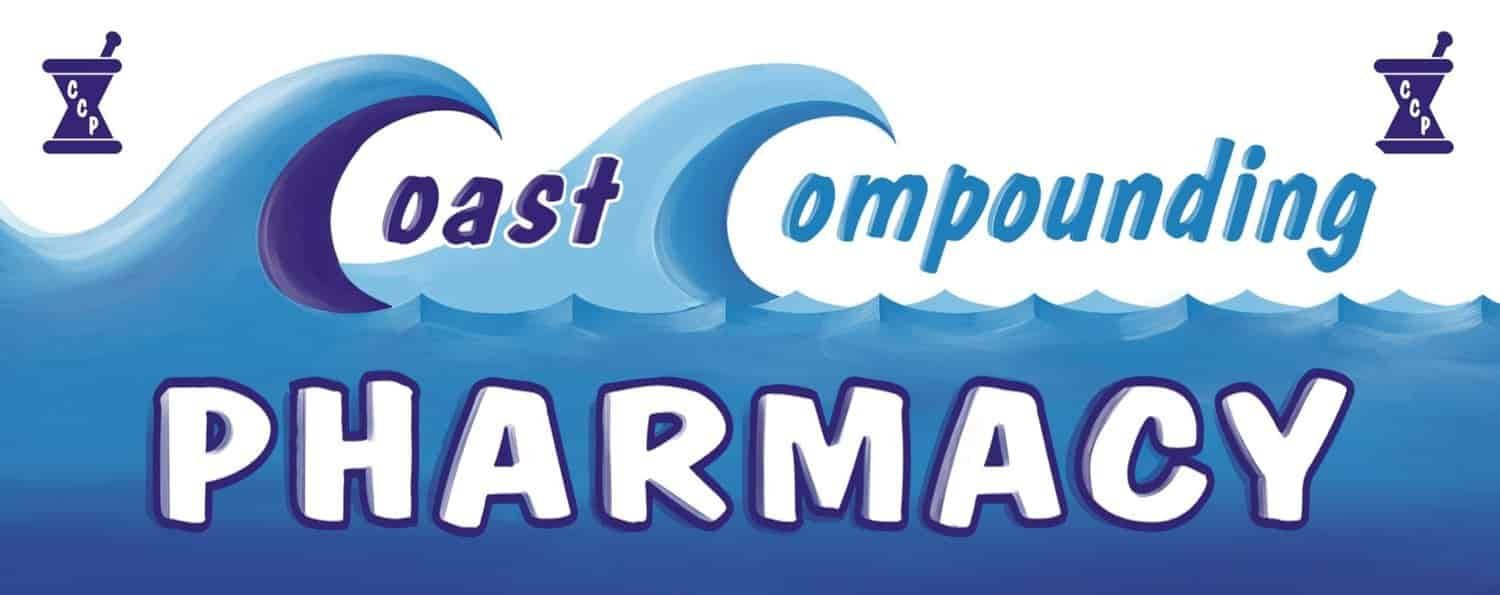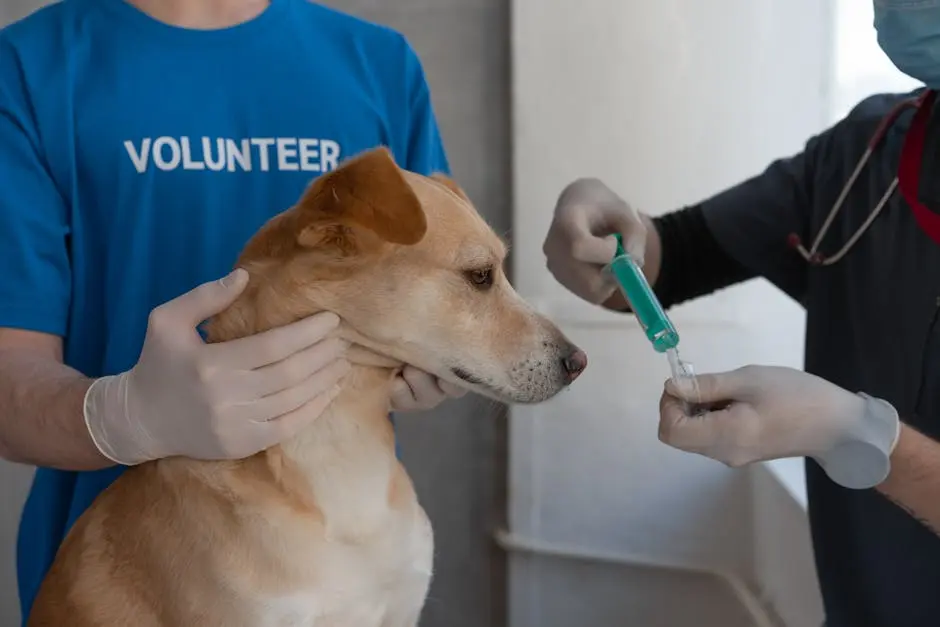Pharmaceutical compounding is a practice that has been gaining traction among pet owners and veterinarians alike. It offers a tailored approach to medicine that can better meet the unique needs of pets. In this blog, we will explore how pharmaceutical compounding works, its benefits for your furry friends, and why it may be the ideal solution for various health issues.
Understanding Pharmaceutical Compounding
Pharmaceutical compounding is the art and science of creating customized medications. Unlike mass-produced drugs, compounded medications are tailored to meet the specific needs of individual pets.
This practice allows veterinarians to combine, alter, or reformulate medications to create veterinary prescriptions that are more suitable for your pet’s health condition. For instance, if a pet is unable to swallow pills, a compounding pharmacy can transform that medication into an easy-to-administer liquid form.
Moreover, compounding can greatly benefit pets who have unique health problems or sensitivities. This ensures that pets receive the precise dosage they need for effective treatment, improving their overall health and well-being.
Why Compounding Is Important for Pets
The significance of pharmaceutical compounding for pets cannot be overstated. With the multitude of ailments that our furry friends can encounter, having customized medications allows for treatment plans that are highly specific and effective.
For example, certain pets may experience adverse reactions to commercial formulations. Compounding provides a solution by allowing veterinarians to alter these medications to exclude allergens or unwanted ingredients. This adaptability is vital in ensuring that pets receive the safest and most effective treatment.
Additionally, compounding allows for flexible dosages. Many pets, particularly those who are elderly or have chronic conditions, may require lower doses of medication than what is commercially available. Custom compounding meets those specific needs, ensuring that pets can be treated safely and effectively.
In essence, compounding plays a pivotal role in modern veterinary medicine, providing personalized care that directly addresses the unique health challenges faced by individual pets.
Common Conditions Treated with Compounded Medications
Compounded medications are used to treat a wide array of conditions in pets. From chronic pain management in arthritis to dermatological issues and allergies, the versatility of compounding is remarkable.
One common condition that sees significant benefit from compounded medications is anxiety. Many pets experience stress from various factors, such as separation from their owners or loud noises. Custom formulations can help alleviate these symptoms, making it easier for pets to relax and adapt to changing circumstances.
Furthermore, pets undergoing specific surgical procedures may require tailored medications to ensure proper pain management post-surgery. Compounding can provide formulations that cater to the recovery needs of different species, sizes, and health conditions, making post-operative care far more personalized.
Additionally, many pets suffer from gastrointestinal issues. Compounded medications may include specialized diets or medications that help ease digestive problems, contributing to improved quality of life.
The Process of Pharmaceutical Compounding
The process of pharmaceutical compounding involves several crucial steps, starting with a thorough evaluation by a veterinarian. The vet assesses the pet’s health status and determines the most appropriate treatment plan tailored to the animal’s unique needs.
Once a compound is deemed necessary, the veterinarian provides the compounding pharmacy with a detailed prescription. This prescription includes the precise ingredients, dosages, and any specific characteristics that the final product should have, such as flavoring or formulation type.
In the compounding lab, highly trained pharmacists utilize state-of-the-art equipment to create the medication. Each step is carefully monitored to ensure that the final product meets high-quality standards. After compounding is complete, the medication is then dispensed, often in a form that is more palatable for pets.
Benefits of Customized Medications for Pets
The benefits of customized medications for pets are extensive and profoundly impactful. First and foremost, the primary advantage is improved adherence to medication regimens. Many pets are picky eaters or dislike certain medicines. By customizing flavors or forms, compounding ensures that pets are more likely to take their medications without fuss.
Moreover, the ability to customize medications can significantly improve the effectiveness of the treatment. Pets are unique in their physiological responses, and medications that are customized to their needs are more likely to provide the desired therapeutic effects.
Customized medications can also facilitate combinations of different drugs into a single formulation. This not only simplifies the medication routine for owners but also enhances the efficacy of treatments by ensuring that all necessary medications are taken in the right dosages at the right times.
Safety and Regulations in Compounding for Pets
Safety is a top priority when it comes to pharmaceutical compounding. Licensed compounding pharmacies must adhere to stringent guidelines and regulations to ensure the quality and safety of compounded medications. This includes compliance with the standards set forth by regulatory bodies such as the FDA.
To further ensure safety, it is crucial for pet owners to work closely with a veterinarian who understands the specific needs of their pets. A veterinarian can guide them in selecting a reputable compounding pharmacy that adheres to proper safety protocols and has a history of producing safe, effective medications.
Consulting with Your Veterinarian about Compounding
Engaging in a discussion with your veterinarian about pharmaceutical compounding is essential for optimizing your pet’s health. A conversation can provide insight into the specific health needs of your pet and determine if compounding is the right approach.
Your veterinarian is your best resource for understanding the potential benefits and limitations of compounded medications. They can evaluate your pet’s medical history and current medications to make informed recommendations that align with your pet’s health goals.
Moreover, open communication with your veterinarian can help monitor your pet’s progress and response to compounded treatment. This ongoing relationship ensures that any necessary adjustments to the medication or treatment plan can be made promptly.
Wrapping Up the Benefits of Pharmaceutical Compounding for Your Pets
In conclusion, pharmaceutical compounding represents a thoughtful and effective approach to improving your pet’s health. By customizing medications to suit individual needs, pet owners can ensure their companions receive the best possible care. Whether it’s for better flavor, dosage adjustment, or creating a new formulation, compounding can make a significant difference in your pet’s well-being.

